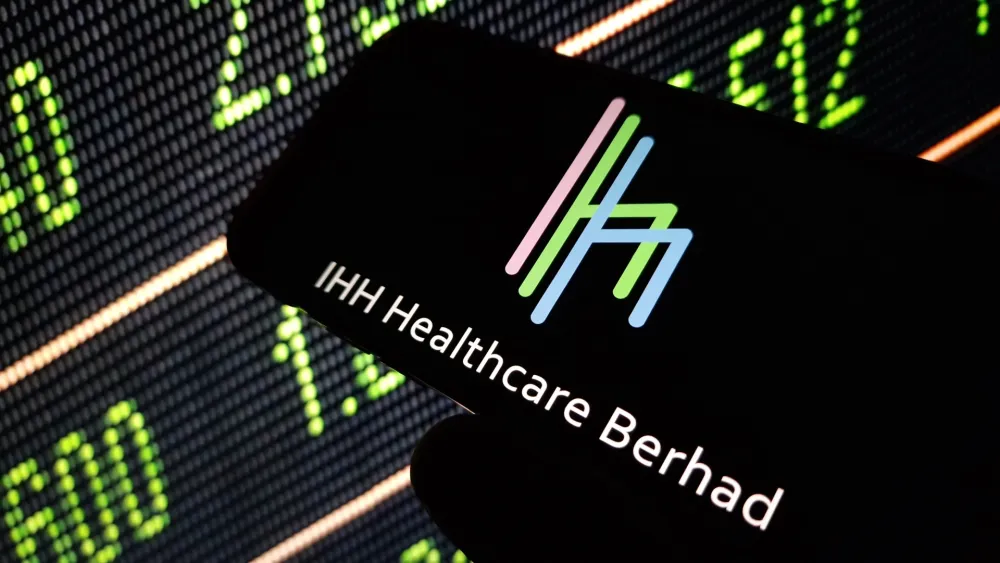
2 SEA hospitals see high-tech future with VR, metaverse
They say these technologies will help patients recover.
Malaysia-based IHH Healthcare and Indonesia's Siloam International Hospitals both saw big opportunities in using virtual and augmented reality to boost their telemedicine services, with patients one day potentially turning to the metaverse to help them recover.
The two hospitals have been tapping telemedicine in the face of the COVID-19 pandemic, using technology to reach patients hit by movement restrictions or in remote areas. They have also begun to explore artificial intelligence and data analysis to support diagnosis and improve the quality of care. Now they think virtual reality (VR), augmented reality (AR), and the metaverse will expand beyond video games and into healthcare.
Siloam deputy president director Caroline Riady said, "I think that these capabilities provide new methods to deliver care. One day we hope to have a metaverse hospital, and there are a lot of services that can be provided in that kind of form."
During the Nikkei Innovative Asia forum held in Singapore, Riady cited the example of potentially using such technology in psychiatry and psychology where patients might prefer to have counselling at home. "Being able to feel like they're sitting in front of a doctor, sitting in front of somebody counselling them, except not leaving their home, is something that's going to be very, very powerful."
IHH chief information officer Linus Tham added the quickly evolving digital technologies offer 'a huge opportunity' to enhance services and experiences in telemedicine and teleconsultation. "The combination of AR, VR, and the metaverse environment will give that unique engagement opportunity that we can have with our staff and with the patients," Tham told the Nikkei forum. "I look at further transforming how health care is delivered. We're not replacing bricks and mortar, but complementing [them]".
Over the next 10 to 15 years, he expects drones to deliver drugs directly to people in isolated regions where health facilities are scarce. He also expects developments in AI and machine learning technology to help doctors from counselling outpatients to remotely monitoring patients in intensive care units.
The e-Conomy SEA 2021 report released from November 2021 by Google, Temasek, and Bain & Company showed health tech in Southeast Asia 'continues its upward trajectory' amid the enduring pandemic, citing 'increasingly bullish' investor appetite in the sector with a record-high $1.1 billion funding in the first half of 2021 alone, versus around $800 million for the whole of 2020.



















 Advertise
Advertise






